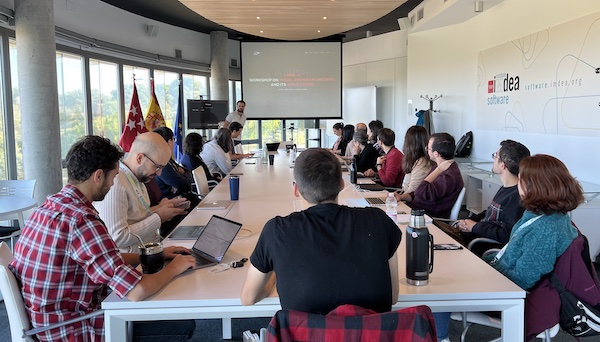
IMDEA Software Institute hosted at his headquarters the workshop on model-based engineering and its applications. The workshop brought together experts from different branches of research within Model-Driven Engineering (MDE) to discuss their techniques, advances and applications to different domains. The event, organized by the post-doctoral researcher of the IMDEA Software Institute Fernando Macías, was a great success and succeeded in sharing knowledge through the proposed talks.
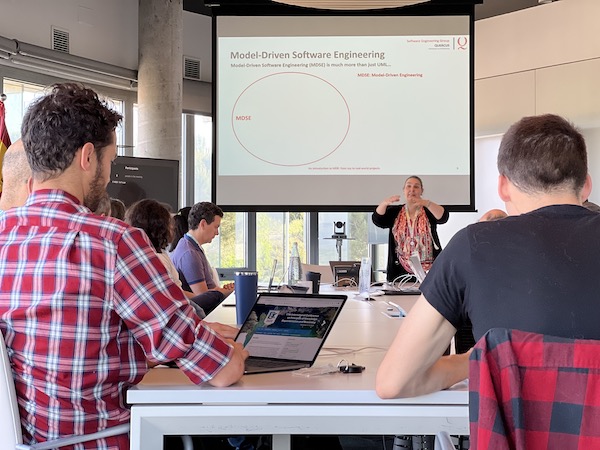
It lasted the whole day, starting with the opening by Fernando Macías, and leading to the first talk, in which Cristina Vicente, from University of Extremadura gave an introduction to the design of container-based applications or educational robots, up to the management of fleets of autonomous self-adaptive robots.
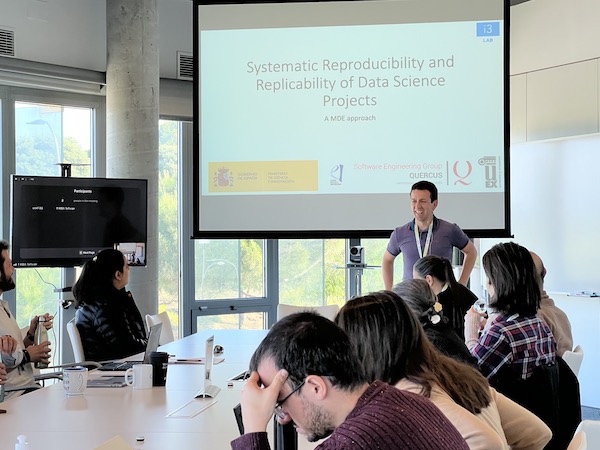
The second talk was given by Roberto Rodríguez, also from University of Extremadura who discussed a model-based framework for the definition of data science pipelines independent of the particular execution platform and tools that alleviate problems such as the execution of pipelines in different environments.
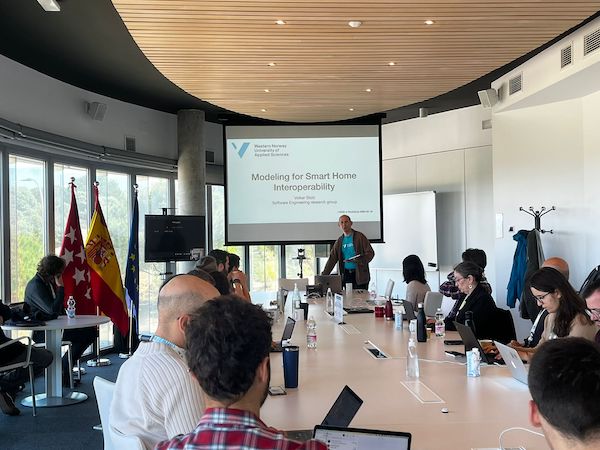
After a coffee break, the next talk was given by Volker Stolz, from Western Norway University of Applied Sciences, who presented a modeling for smart home interoperability and how to represent it in one of the standards for IoT, SAREF, as well as the challenges involved. The goal is to achieve its use for migration between different smart home platforms.
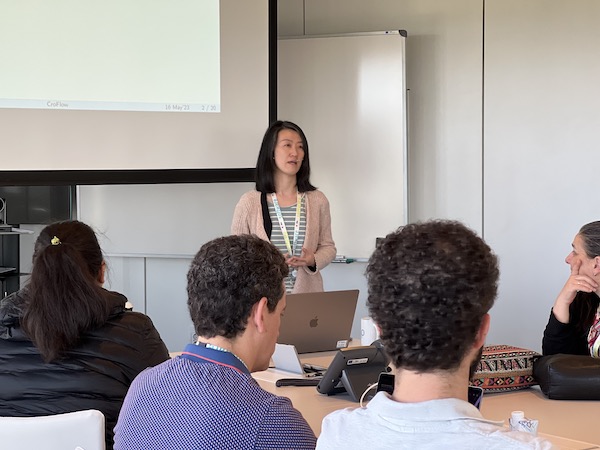
Violet Ka I Pun, also from Western Norway University of Applied Sciences presents the preliminary results of the CROFLOW project, focused on decision making to optimize workflows. The goal is to automate these processes and make them less manual and more efficient.
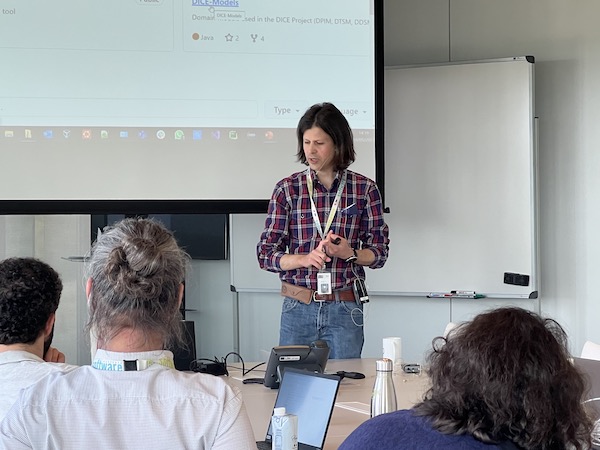
After a lunch break, José Ignacio Requeno from Universidad Complutense de Madrid, resumed the talks by presenting Petri Nets (PN) -an automata-based formalism for modeling concurrent systems- for MDE.
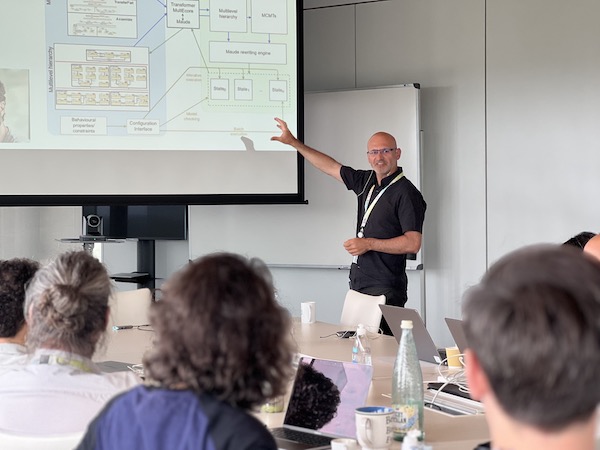
Next, Adrian Rutle of Western Norway University of Applied Sciences spoke about multi-modeling, alluding to various ways to achieve coherence and also presented an approach to restoring coherence based on reinforcement learning.
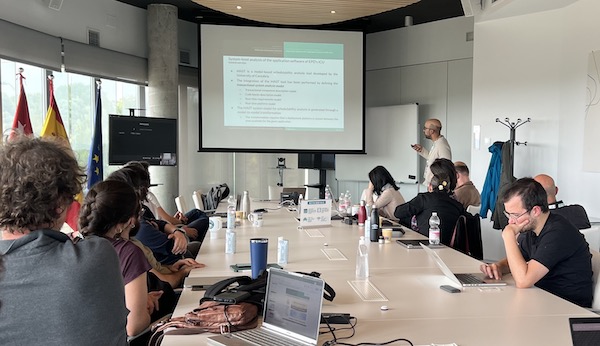
Subsequently, Pablo Parra from Universidad de Alcalá de Henares described the model-based solutions adopted to facilitate the development of on-board software on satellites within the project for the development of the instrument control unit of the Energetic Particle Detector of the Solar Orbiter mission, among others.
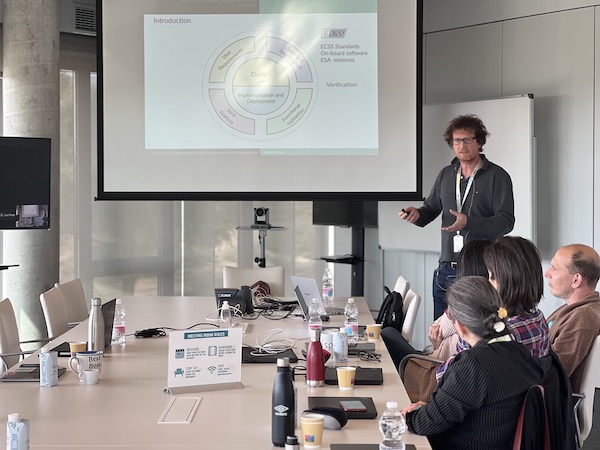
To conclude the event and as the last talk, Óscar Rodríguez from UAH based his presentation on the application of modeling techniques for on-board satellite applications, such as requirements management and design, validation and verification activities.